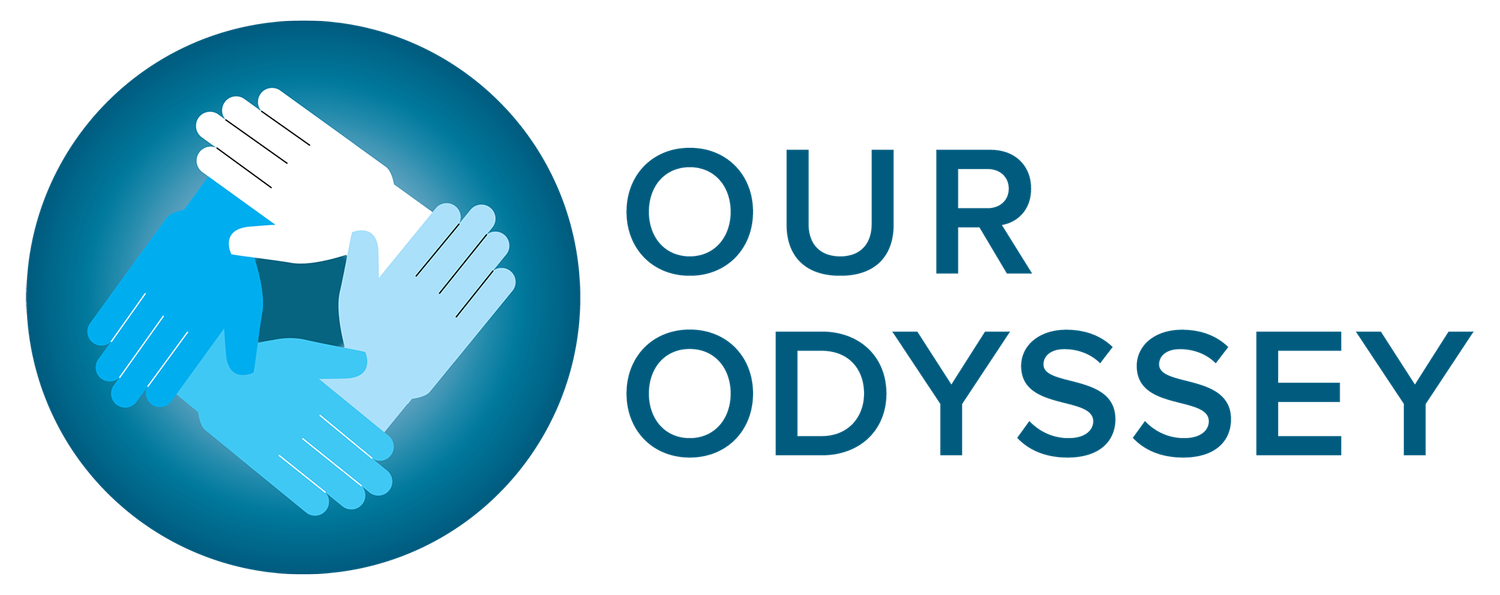Gaining My Rare Disease Independence
Ever since I was a kid I felt independent. My mom worked a lot which provided me with ample free time to explore and do my own thing during the day. However, I never expected that one day I would lose the ability to walk. As a child, I was diagnosed with a rare disease known as Duchenne muscular dystrophy (DMD).
One thing I appreciated about my mom was how she was honest about the disease progressing. She could have easily tried to hide it from me, but she decided to explain the disease to me instead. Yet, I still didn’t understand what it meant until about the age of nine or ten. It was at this time that I started having trouble walking. I was beginning to slowly lose my independence, so I began advocating for DMD in an attempt to get a drug approved to help treat my condition. Unfortunately, I couldn’t enroll in the trial because I was non-ambulatory (meaning I needed physical assistance from another individual), but I wanted to get my voice heard and still help make a difference. I started advocating to get other people into the trial because I wanted to be able to improve someone else’s life down the road, including my younger brother. My young brother also has DMD, so I knew I wanted to make sure he could participate in the trial even though I couldn’t.
My ability to walk continued to decline over the years. This impacted my quality of life, such as being able to use the bathroom on my own. Up until the age of 15 I was still able to transfer myself to the bed or bathroom. It was three years later, at the age of 18, when I realized I no longer needed my mom to help with my physical care. I started having friends who were care assistants, and I was able to make more decisions on my own.
Although I don’t want to depend on other people, I appreciate those who are willing to help as needed. I am able to go to college by myself because many people at school are very helpful, and I am at a stage of my life where I am comfortable asking others for help. I have been able to accept assistance from others because as I continued to decline, I acknowledged the limitations I was dealing with and could only figure out so much on my own.
One thing I learned during my journey was the importance of giving a young adult, like myself, the independence I needed to be seen as a normal adult. Many of us aren’t seen as adults because of our disability, and I want to help change that. One way I did this was through my internship with Solid Biosciences, where I took the train in and out of Boston every day to go to work -- by myself. And if I was struggling with something, I wasn’t afraid to seek the support I needed.
For the parents out there who have a child with a disability – you need to trust your children in figuring out certain things in life. I have seen many people in wheelchairs who won’t accept help from anyone else except their parents because they weren’t taught to be comfortable around other people. My mom has given me a lot of freedom and is willing to help me as needed. She is never overbearing or needing to know what I am doing every second of the day.
It is tough to be able to balance asking for help and doing things on my own. I am somewhat cautious about how much I ask others for assistance because I don’t want to be seen as a burden. I learned I need to build up a relationship with someone first before asking them to help out.
If we want our kids, who are now young adults, to fit in with their peers and feel a sense of normalcy, then let’s start by giving them independence.
Austin is a 21-year-old patient advocate who lives with Duchenne muscular dystrophy (DMD). He sits on the Parent Project Muscular Dystrophy (PPMD) Adult Advisory Committee (PAAC) and Duchenne Center of Excellence Certification Committee for PPMD. He is also the Co-Founder of One Rare; a nonprofit that improves the lives and futures of young adults living with rare disease, through education, recreation, and peer support. Austin is currently attending Bunker Hill Community College where he is studying mechanical engineering. You can find Austin skiing or playing power soccer in his free time.


